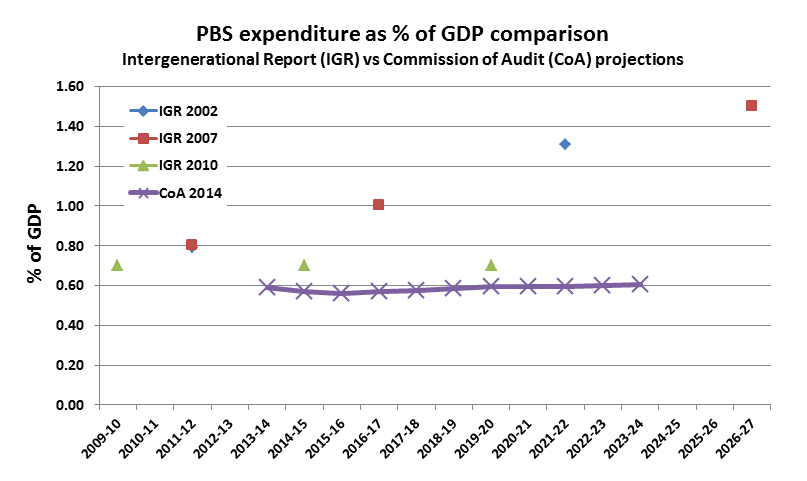No further PBS savings measures required
24 Apr, 2014
reference : http://www.guild.org.au/news-page/2014/04/24/no-further-pbs-savings-measures-required
Medicines Partnership of Australia states that no further PBS savings measures are required or justified in the 2014 Federal Budget
With a united voice, members of The Medicines Partnership of Australia (MPA) have called on the Government to provide stability and certainty that is urgently required to continue the supply of medicines to Australian patients through the Pharmaceutical Benefits Scheme (PBS).
Given the recent passage of the Simplified Price Disclosure legislation, the MPA assumes the upcoming Federal Budget will not include further changes to price disclosure which is already reaping the Government billions of dollars a year in reduced PBS reimbursement costs.
However, it is clear from Mr Hockey’s speech last night that the Government is seriously looking at PBS co-payment and safety net levels as well as the eligibility for concessional PBS co-payments.
In its deliberations, the Government must recognise that medicines are not just a cost but a critically important investment in better health care for all Australians.
PBS medicines along with the professional advice and support of doctors and pharmacists keep people alive and out of more expensive hospital and residential aged care settings. They keep people productive in the economy, in the paid workforce and caring for family members.
The world’s largest health information company, IMS Health, has estimated that Australia would save $6 billion a year from reforms that increase the responsible use of medicines.
The Australian Commission on Safety and Quality in Health Care (ACSQHC) estimates there are 230,000 medication related admissions to hospitals annually costing an estimated $1.2 billion.
If changes to PBS co-payment levels and eligibility are not intelligently managed with a strong commitment to professionally supported medication adherence and management, there is a great risk that sick, elderly and less well-off Australians will be discouraged from taking their medicines.
This will not only be to the detriment of their own personal health, but will lead to further increased costs across the MBS, hospitals and aged care, all of which are considerably more expensive and growing much faster than the PBS.
The MPA also queried the longer term forecasts of PBS expenditures released by Treasurer Hockey.
Treasury and Finance do not have the best record in forecasting these expenditures. In the last three years, they have had to reduce their pharmaceutical expenditure forecasts by a cumulative total of $8.9 billion, including $2.7 billion in last December’s MYEFO (the largest downward forecast across the entire Federal Budget).
PBS expenditure actually fell last financial year and is forecast to rise at a rate lower than GDP growth throughout the current forward estimates, a fact confirmed in Mr Hockey’s latest figures. How it is then suddenly forecast to start increasing by nearly $1billion a year is unexplained.
Attachment 1: National Commission of Audit PBS projections
The National Commission of Audit’s projections for Pharmaceutical Benefits Scheme (PBS) expenditure as a percentage of Gross Domestic Product (GDP) show that the scheme is under control well into the future. PBS as a percentage of GDP will be stable at approximately 0.6% of GDP through until 2023-24. Based on recent experience, with successive downward revisions of PBS expenditure in budget after budget, this will be an overestimate.
It is also notable that the National Commission of Audit’s projections are below those released in the most recent Intergenerational Report (IGR 2010). For example, the projection for 2019-20 was 0.7% in IGR 2010 compared with the new estimate of just 0.59%. IGR 2010 was in turn a massive reduction compared with previous Intergenerational Reports published in 2002 and 2007, as shown in the chart below.

